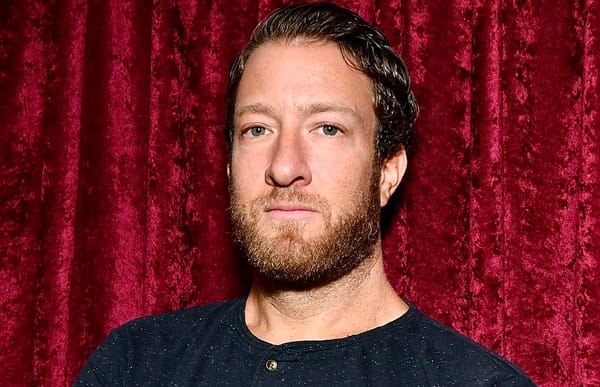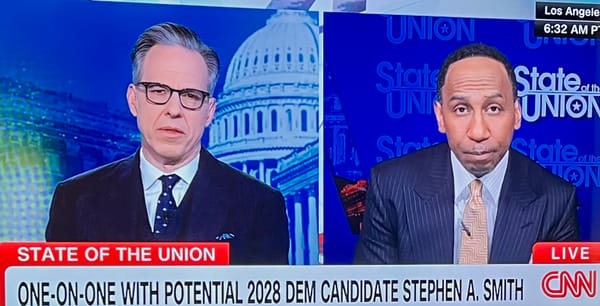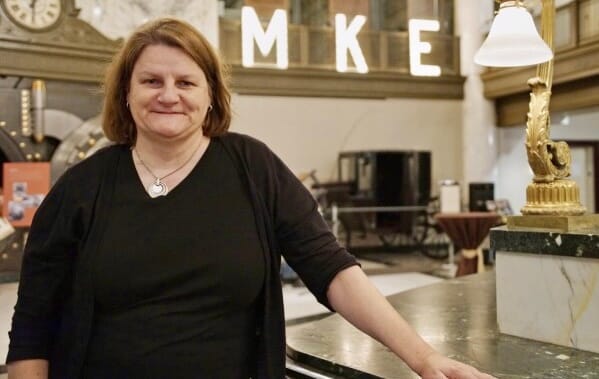Why I reject “systemic racism”
The moment of my real race awakening came in 1955 with the murder of Emmett Till in Mississippi for supposedly flirting with a white woman.
He was a 14-year-old Black boy from Chicago. I was a 14-year-old white boy from The Bronx. Maybe I felt some kind of teenage, Big City kinship. More than murdered, he was viciously tortured and the story splashed over the front pages of New York’s seven daily newspapers. You read that right — seven daily newspapers.
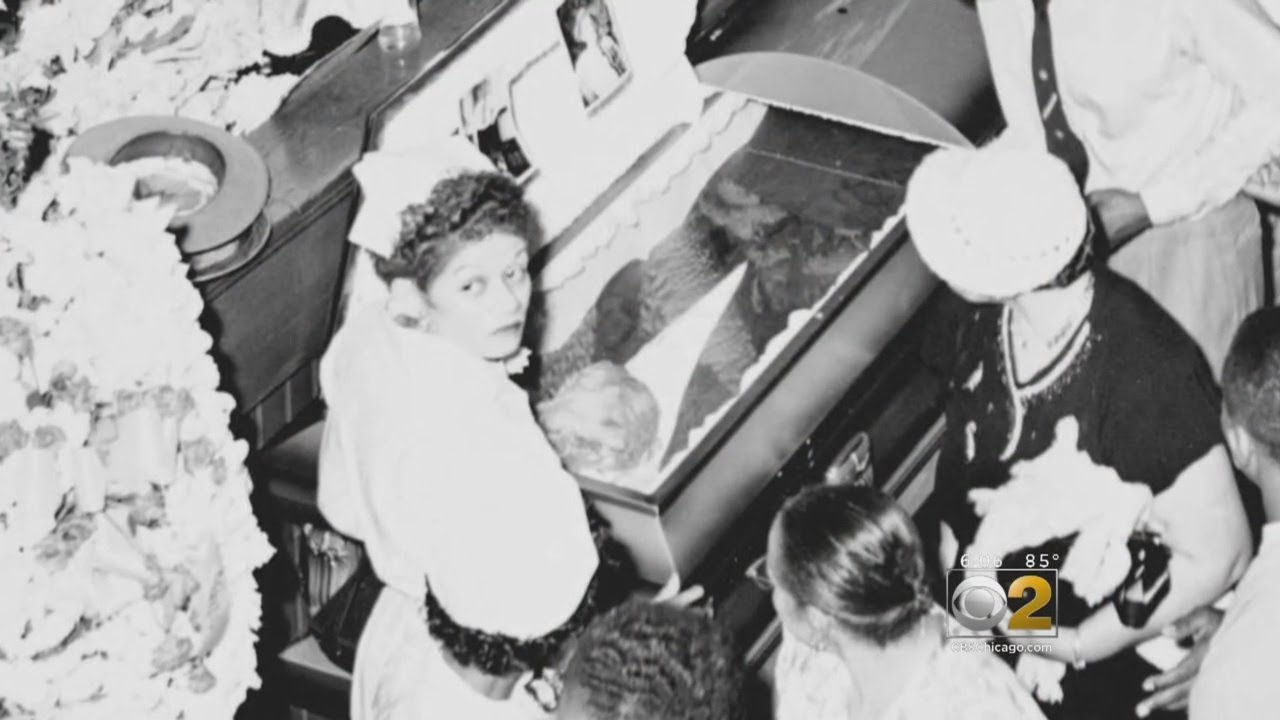
Emmett Till opened my eyes. Well, sure I knew the South was backward and bigoted, but I soon learned lynchings continued into the Jim Crow era, and African-Americans were routinely denied voting rights across the South. That I learned from my parents, who were unionists and Socialists and devoted to the cause of equality.
When the civil rights movement blossomed, I was paying attention.
Across the South, but elsewhere, too, Blacks were not welcome in many hotels, and were forced into
segregated seating on public transportation and in restaurants — when they were admitted at all — including Woolworth lunch counters, the American icon.
There were occupations Blacks could not enter, communities where they could not live, schools they could not attend. I remember, with pride, when President Dwight Eisenhower in 1957 sent the 101st Airborne to Little Rock, Ark., to enforce the U.S. Supreme Court’s 1954 desegregation order. As the Allied hero of World War II, it anguished Ike to send U.S. troops to face U.S. citizens. But the law is the law, a lesson that seems to be slipping away today.
One notion that seems to be gaining is that the U.S. suffers from “systemic racism.” Even President-elect Joe Biden uses the term, despite having served a Black president, and standing next to the first Black/Asian woman to be a heartbeat away from the presidency. That would not be possible in a “systemic racist” country.
—-
When television came along, Blacks (and other minorities) were almost invisible. Today, they star in their own shows. Many movie superstars are African-American, who also dominate much of the music business.
You can’t watch TV commercials without seeing Blacks as doctors, judges, engineers, parents . . . This is not trivial. Advertisers select actors who will help them sell their products and this normalizes them as every day Americans, and not the “other.” Don’t underestimate the ability of television to create new realities, and to shape public perceptions.
Speaking of perceptions, there are seven Black billionaires in America. Would “systemic racism” allow that to happen?
The National Basketball Association once was as white as the National Hockey League is today. Here’s a picture of the 1955 NBA Champions, the Syracuse Nationals.
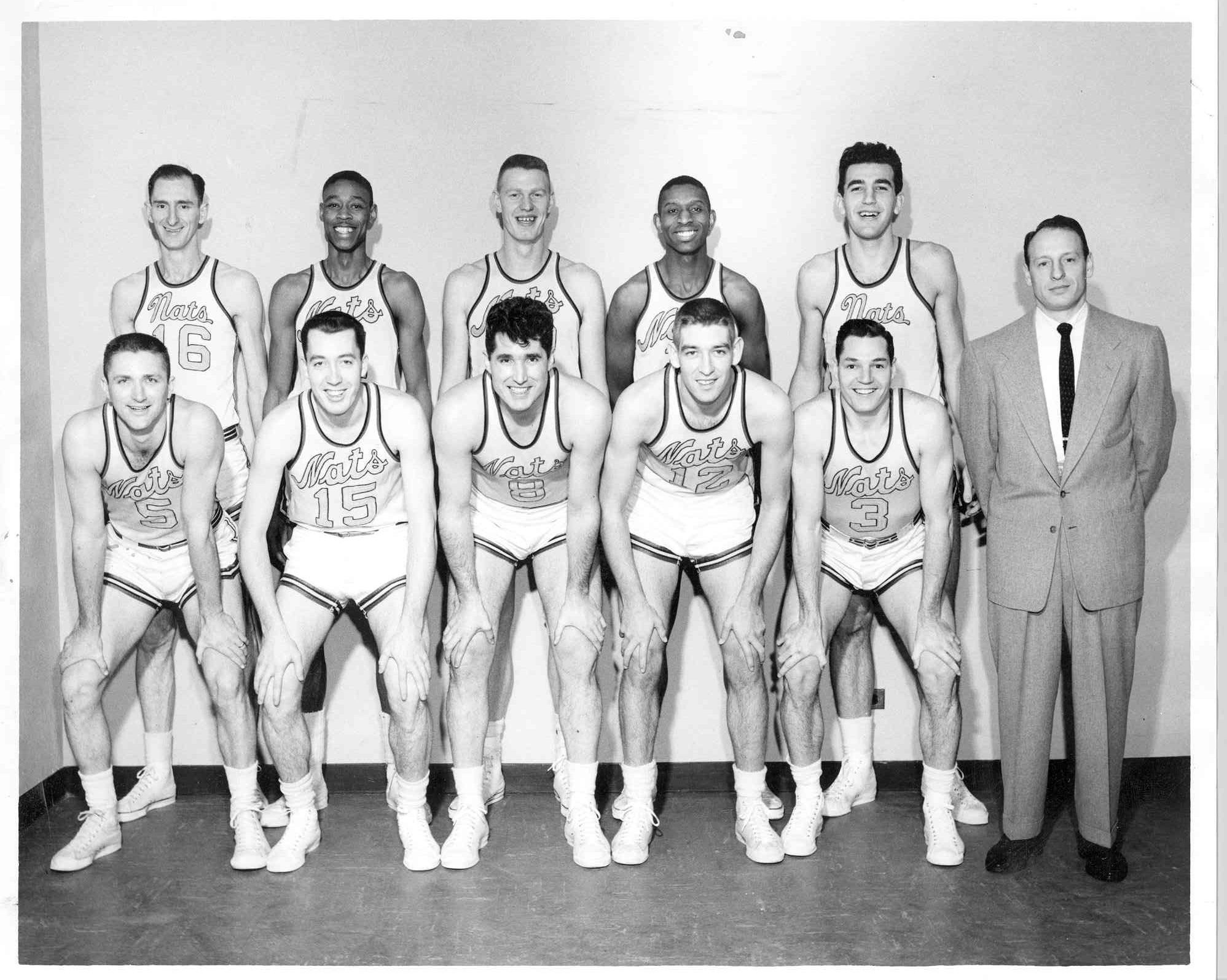
And here is a picture of 2020 NBA Champions, the Los Angeles Lakers.
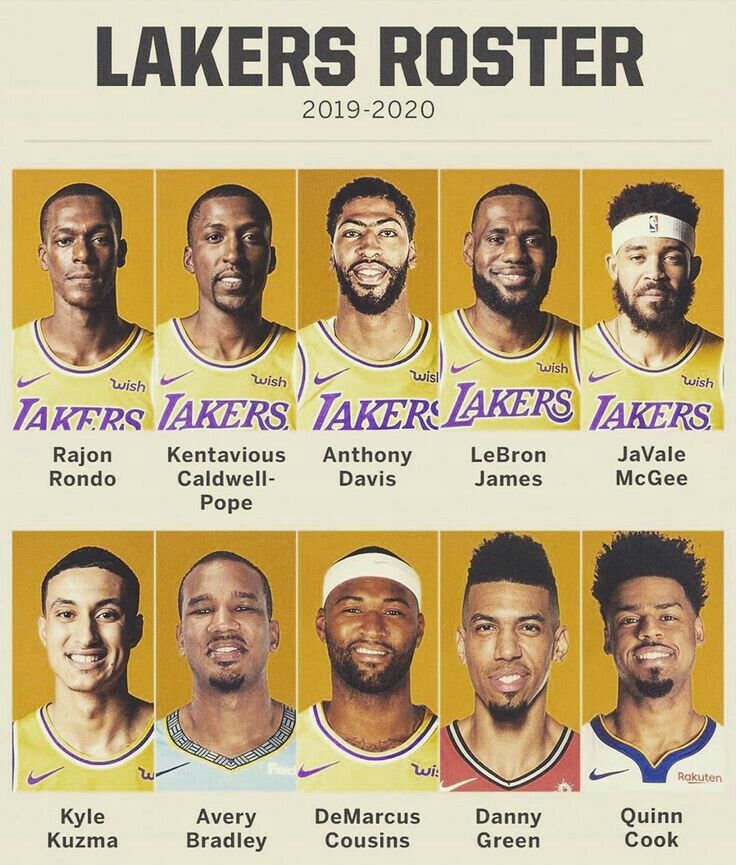
See the difference? And do you get the picture?
It is no longer “news” when an NFL team hires a Black quarterback. No one even notices.
Almost every major American city has had a Black mayor, and Black mayors are scattered like dandelions across the once-segregated South. Sheriffs, too.
African-Americans are increasingly prominent in the arts, and in the sciences, in the military, and diplomacy.
This is not to say there is no discrimination, but remember what Barack Obama said when campaigning for president: “In no other country on Earth is my story even possible.”
Perhaps an exaggeration, but true nevertheless. Certainly not possible in a “systemic racist” country, but possible in an egalitarian nation that still struggles with the remnants of racism.
No one blinks at Black network TV anchors like NBC’s Lester Holt, and CNN’s Don Lemon. I remember when Trudy Haynes became the first Black on Philly TV, on KYW Channel 3 in 1965, followed the next year by Edie Huggins on NBC10. Each was a friend.
Because I have lived through Emmett Till and segregation and lynchings and Freedom Rides in which civil rights activists were assaulted or murdered, where Americans seeking their just place were beaten and jailed, when I hear about microaggressions today, I can barely take them seriously.
You are triggered if someone asks a Black person where he is from? Or you believe that it’s “racist” to say the best person should be hired for a job? Or the term “legal votes” is racist?
Here is my idea of racism: One great pleasure of my career was interviewing two Black men who were pilots with the famed Red Tails fighter squadron in World War II. The government was ambivalent about Black pilots, and their training at the Tuskegee Institute was brutal — 65% of the men washed out. That meant those who got their wings were the best pilots America ever put in the air.
But neither of the two I interviewed could get a job as a pilot when the war ended. That was racism. Angered, but not crushed, each turned to a different career path, and each was successful. That was America then.
It is not America today. I know idealistic young people are looking for a cause — it might be the environment, or unequal income distribution, or health care, or racial justice.
Good on them.
That things aren’t what they should be does not mean they are not a million miles from what they once were. The progress has been transformative, as we experienced a peaceful revolution, the growth and flowering of minorities in our midst.
This progress disproves that America is plagued by “systemic racism,” which means the system is racist. It is not.
Some point to police shootings of Blacks as proof of “systemic racism.” It is not. Those tragic shootings represent a microscopic fraction of Black interactions with police, and twice as many white people are shot by police.
The laws of the “system” prohibit racism, so where it exists — and it does — it is a violation of the system, not a part of it.
But to see this clearly, you have to step back several decades for perspective. That’s where I stand and I welcome you to stand with me.

